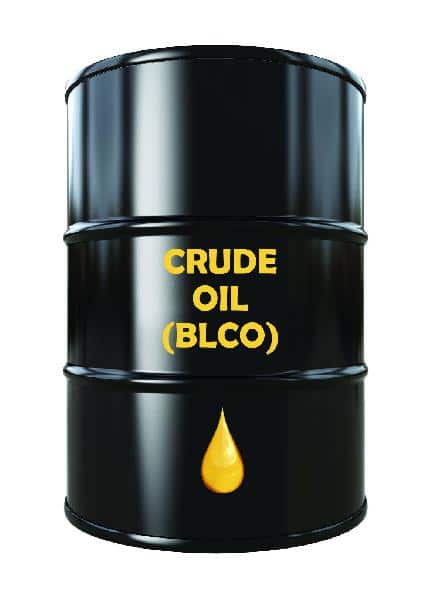One barrel of crude oil equals 42 US gallons or 159 liters. This is a relatively small quantity compared to the amount of oil produced and consumed globally daily. However, the value of crude oil is determined by a range of factors, including global supply and demand, geopolitical events, and other economic factors, which can influence the price of oil and the profitability of oil producers and refiners.

To put the size of one barrel of crude oil into perspective, consider the following:
- One barrel of crude oil can produce approximately 19.5 gallons of gasoline, 9 gallons of diesel fuel, 4 gallons of jet fuel, and 1.75 gallons of other petroleum products.
- The average passenger car in the US consumes about 0.3 gallons of gasoline per mile, which means that one barrel of crude oil can power a car for about 1385 miles.
- The US consumes approximately 20 million barrels of crude oil daily, meaning the amount consumed daily is equivalent to over 800 million gallons or 3 billion liters.
So, as we can see, 1 barrel of crude oil is a significant amount.
How Can I Buy a Barrel of Crude Oil?
You can buy a barrel of crude oil only if you are a company that has a license from the regulatory agency and you have large storage for crude oil. Barrels of oil can be stored in specialized tanks or storage facilities designed to store and transport large quantities of crude oil safely.
Technically, you can buy crude oil several times and make individual Crude Oil storage. However, it is dangerous to store barrels of oil in unsafe conditions.
US Commodity Futures Trading Commission (CFTC) and other regulatory agencies. Depending on the nature and scope of the business, a license or registration with the CFTC or other regulatory agencies may be required.
Why can you not buy a barrel of crude oil as an Individual?
You can not buy a barrel of crude oil as an individual because of the following facts:
- Crude oil is a physical commodity that requires specialized storage facilities and transportation infrastructure.
- Most individuals do not have access to these resources, and it is impractical and costly for individuals to invest in the infrastructure required to store and transport crude oil.
- Institutional investors, oil companies, and governments typically buy and sell crude oil in significant quantities.
- Crude oil prices are subject to fluctuations based on global supply and demand, geopolitical events, and other factors.
- Stealing crude oil from a storage area is not legal, and doing so can result in serious legal consequences.
- Storing crude oil in a residential or commercial building is not recommended due to safety hazards and the specialized equipment and infrastructure required.
- Even if it were possible to store crude oil, it might not be practical or profitable, as its price fluctuates based on global supply and demand.
- Individuals can invest in crude oil through financial instruments such as futures contracts, exchange-traded funds (ETFs), and mutual funds that track the price of crude oil.
An individual can’t buy a barrel of crude oil for a few reasons.
As a result, individuals cannot buy a barrel of crude oil like they can buy stocks or other financial assets. However, individuals can invest in crude oil through financial instruments such as futures contracts, exchange-traded funds (ETFs), and mutual funds that track the price of crude oil. These instruments allow individuals to invest in crude oil without needing specialized storage or transportation infrastructure.
























